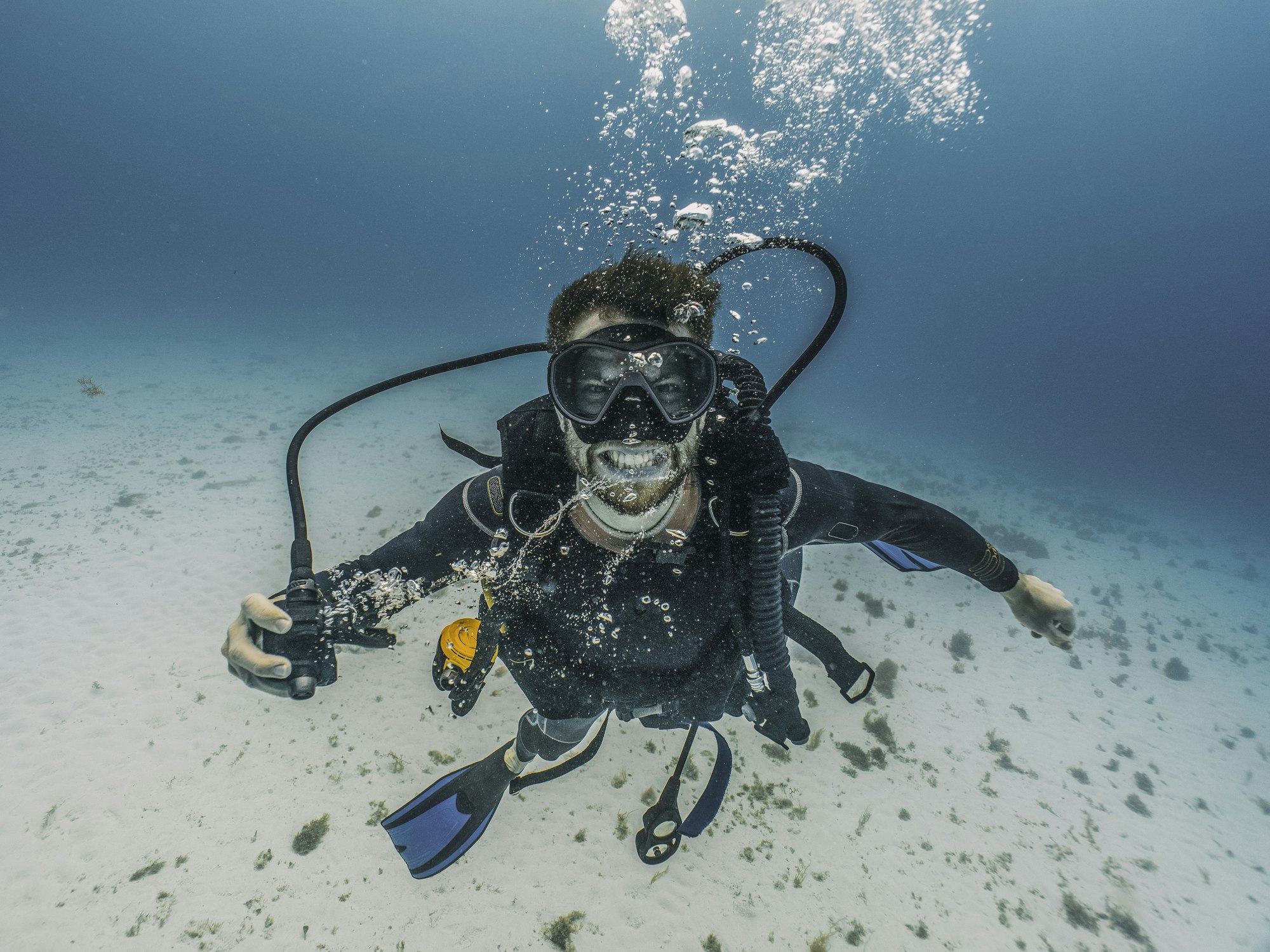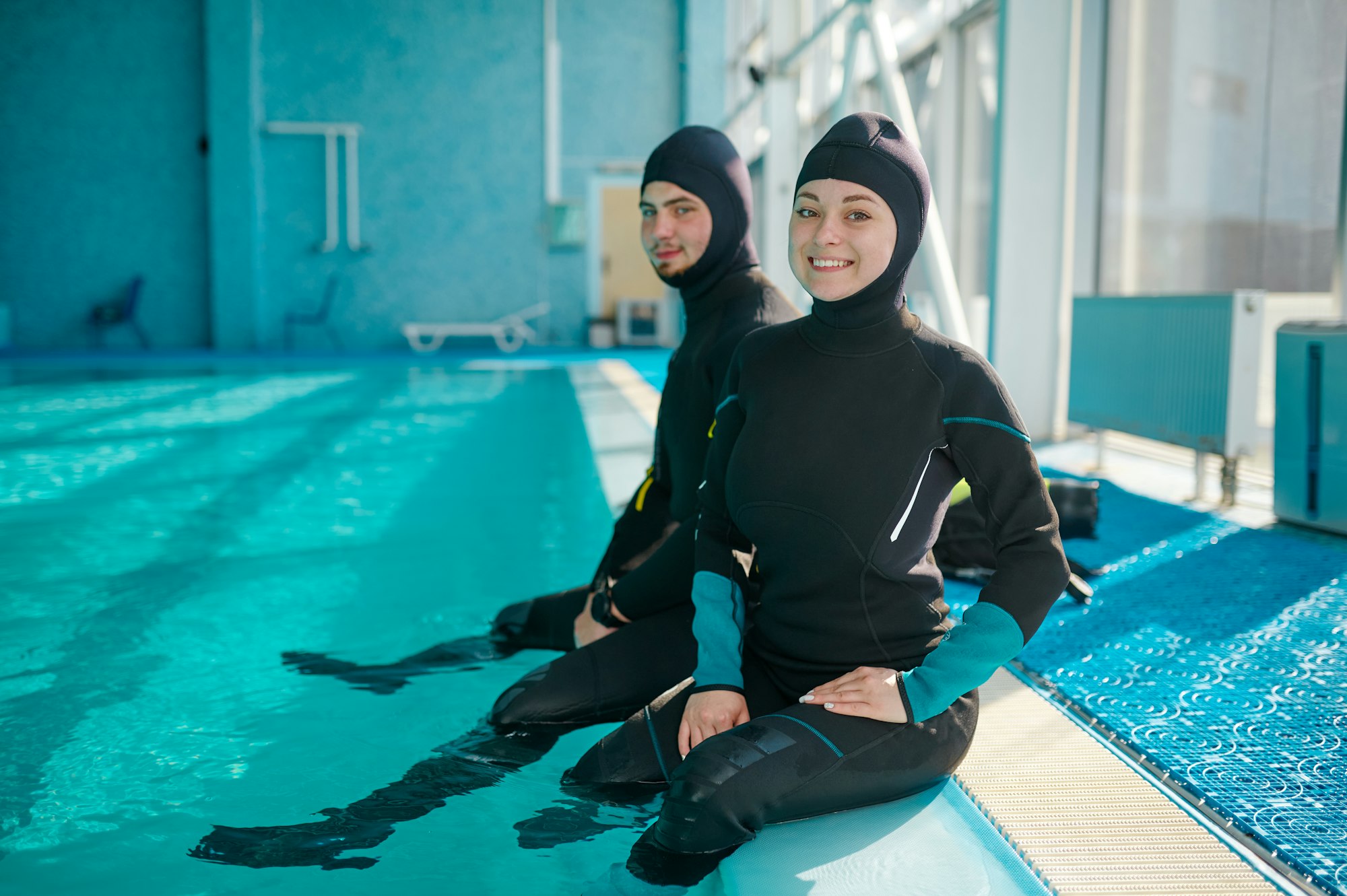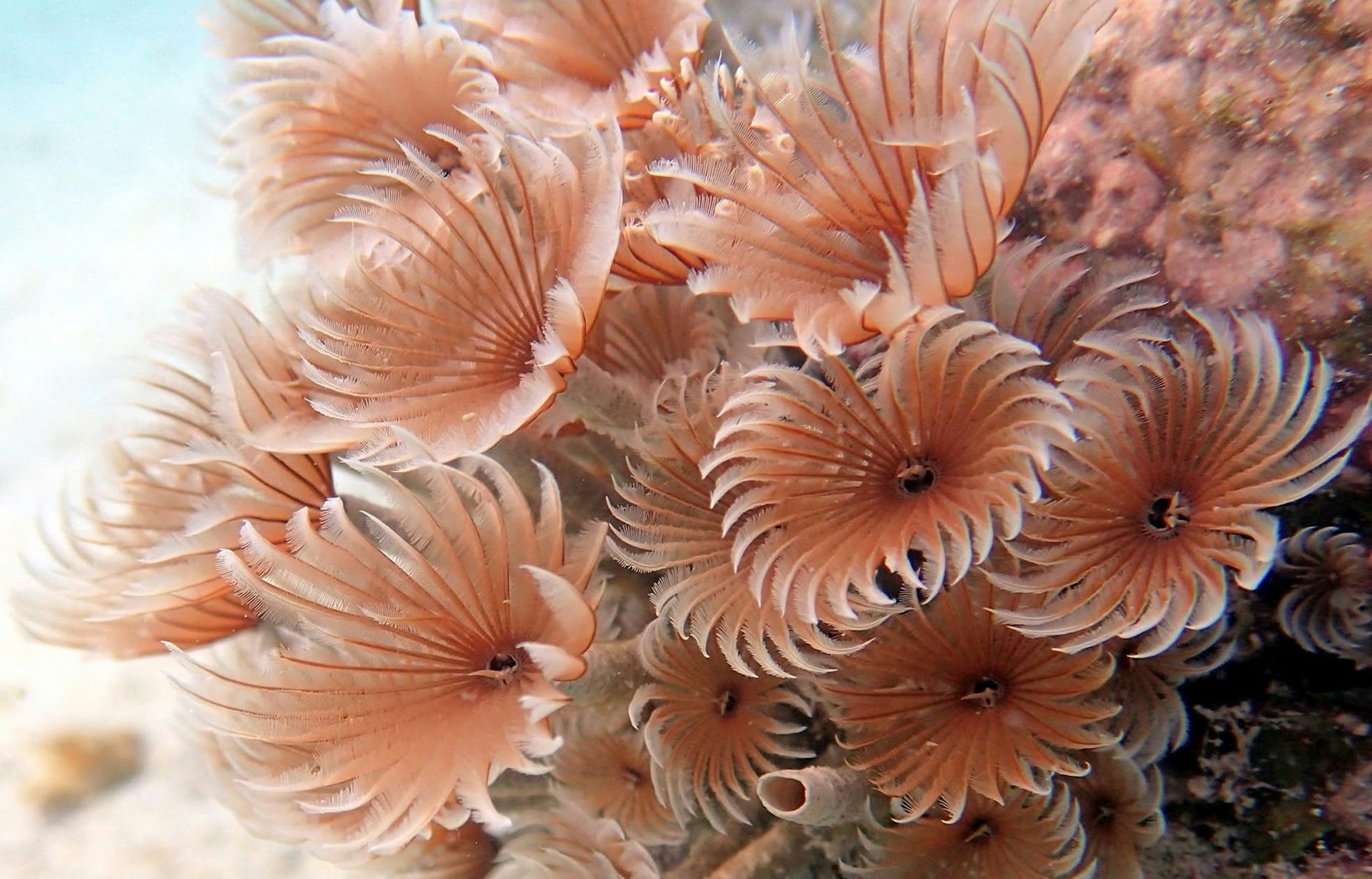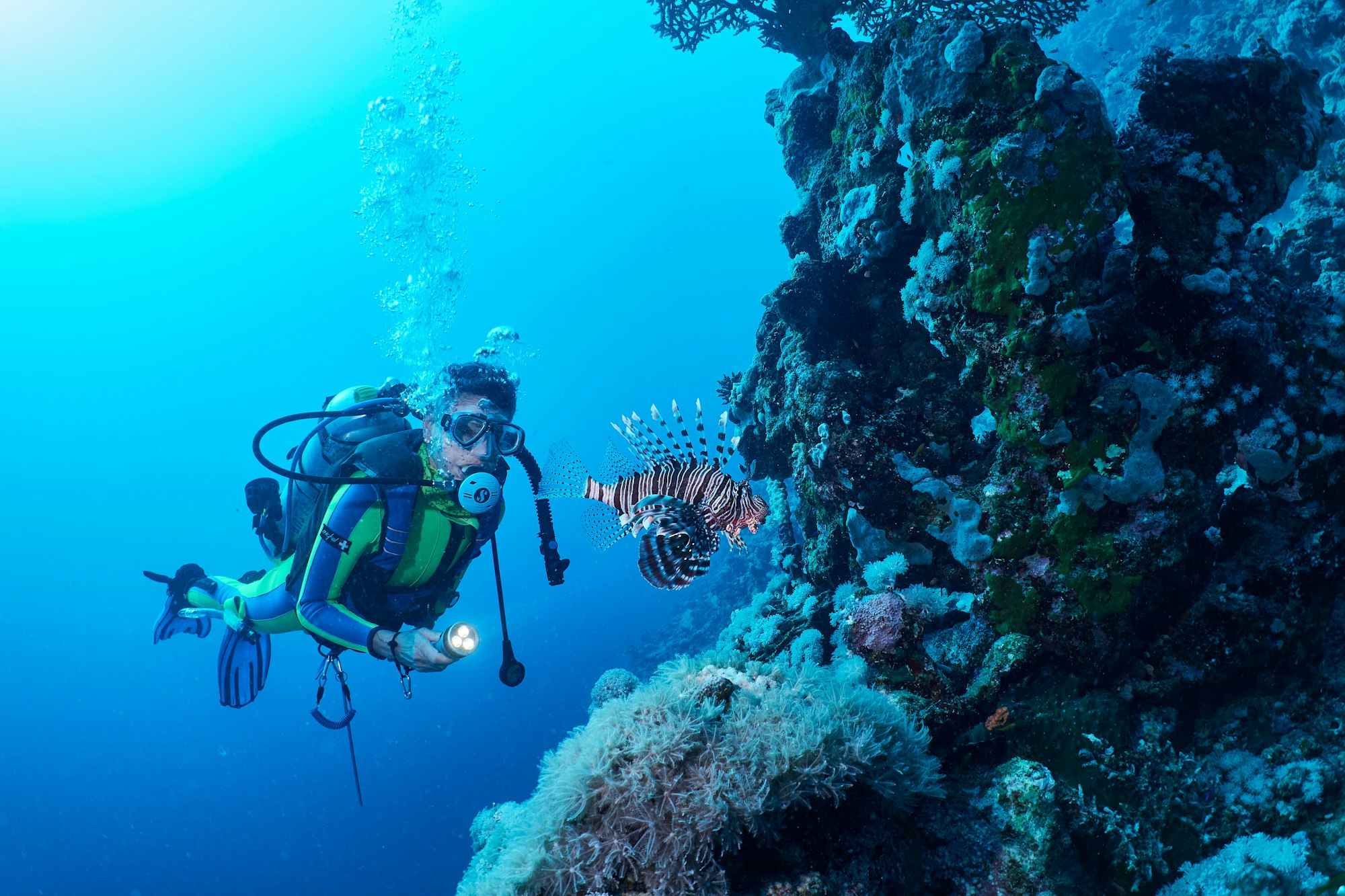The Different Scuba Diving Specialties and How to Get Certified
Scuba diving is a fun and rewarding hobby. But it also teaches you skills and knowledge that will benefit you in your everyday life. There are many different specialty courses that certified divers can take. These specialty courses will teach you new underwater skills and introduce you to entirely new underwater worlds. Deep Diving Deep Diving is one of the most popular scuba diving specialties offered by PADI. It’s perfect for those who want to expand their scuba diving experience beyond the limits of their open water certification. This specialty teaches you to plan and conduct safe deep dives, as well as learn to minimize the risks involved. You’ll learn about specialized deep diving equipment, dive planning, buddy contact procedures, buoyancy control at deeper waters, managing your air supply, and dealing with the possibility of nitrogen narcosis. Depending on your training agency, completing this specialty usually takes three or four…
The Health Benefits of Scuba Diving
Scuba Diving can be an unforgettable experience that offers adventure, exercise, excitement and travel all at the same time. Not only can scuba diving provide enjoyment but it can also improve emotional and physical health while providing social interaction, new friends and a deeper appreciation for our oceans. Children learning scuba diving typically gain greater self-confidence and independence, especially those suffering from ADHD or hyperactive conditions. Learning to follow instructions, comply with safety procedures, and respect authority is crucial to their psychomotor and intellectual growth. Develop an appreciation of our oceans and all their inhabitants can lead to greater involvement in conservation efforts. After all, they are more than just beautiful natural resources; they’re the source of all life on Earth – so let’s keep it healthy for future generations! Stress Reduction Being immersed underwater releases endorphins, your body’s natural feel-good chemicals. Coupled with stunning scenery and exciting exploration activities,…
Safety Precautions and Training Requirements For Scuba Diving
Scuba diving is one of the world’s most beloved pastimes, yet just like driving or flying it requires training and practice to master. Like any hobby or job, Scuba can also be hazardous to divers’ health if approached incorrectly; therefore this article addresses safety precautions and training requirements necessary for safe participation as well as key milestones such as invention of first workable diving equipment and development of safe limits for compressed air diving. Scuba diving was first pioneered by Jacques-Yves Cousteau in 1942. However, its practical application came about through years of research into how water pressure affects humans and other creatures, along with advances in physics, chemistry and mathematics made by scientists such as Emile Gagnan, Paul Bert and John Scott Haldane. Scuba equipment has evolved alongside scientific advancements to make diving even more comfortable and convenient. For instance, buoyancy control devices allow divers to float at the…
Scuba Diving Safety Tips
Scuba diving is a sport where people go beneath the surface of the water to explore the underwater world. Those who enjoy the sport also take part in marine biology research. They wear equipment to stay underwater for long periods of time. Most people enjoy the sport for recreational purposes. However, they should always do their research and make sure they have the necessary equipment before heading out into the water. In addition, they should take precautions to avoid injuries. There are a number of risks involved with diving, and some of them can be fatal. These include exposed metal on wrecks, fishing line, and coral. It is a good idea to consult with your physician before you dive. The doctor can check your medical history to determine if there are any conditions that may interfere with your ability to safely dive. Also, he or she can perform a physical…



